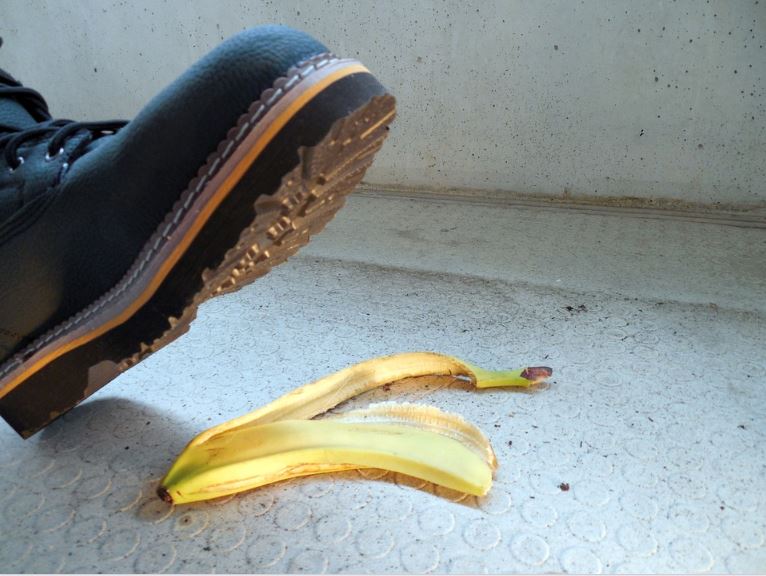
So what steps can you take to prevent your business from a personal injury suit in the first place?
Get General Liability Insurance
First, invest in a solid general liability insurance policy. No matter the size or nature of your business, a general liability insurance policy will compensate you for personal injury claims. Otherwise, your business will be entirely responsible for any and all legal costs associated with the personal injury claim. Most general liability insurance policies protect you against personal injury and bodily injury claims, as well as claims related to property damage, libel, and slander. Be sure to read the fine print when adopting a new policy.
Create and Enforce Good Safety Standards
You can also reduce the possibility of facing a personal injury suit by reducing the possibility of an accident. Creating and enforcing good safety standards can help you do this.
- Maintenance and repairs. Basic maintenance and repairs are one of the best preventative measures you can take. If your sidewalk is crumbling or if your equipment isn’t running quite right, someone could get hurt. Keeping your building and fixtures in good condition can stop that from happening.
- Clutter and organization. It may not seem like an inactive pile of boxes in the back could come to hurt you, but clutter and disorganization can be a tripping hazard. Train your employees to keep things clean and organized at all times.
- Environmental controls. Sometimes, environmental or situational factors can leave you liable for a potential injury. For example, if your sidewalks are covered in ice, someone could trip and fall. Be sure to pay attention to these changing circumstances.
- Safety inspections. Depending on your industry, you may be legally responsible for conducting certain types of safety inspections. Even if you aren’t, it’s wise to conduct safety inspections regularly, to catch potential problems before they escalate beyond your control.
- Operating procedures. Establish firm procedures for everything in your business, from production to ongoing maintenance. Make sure these procedures are safe and followed precisely, no matter the situation.
- Leadership and employee habits. Good safety habits start from the top. Make sure your team leaders have safety as a top priority, and encourage them to model safe behavior for your employees.
It’s in your best interest to monitor and document as much as possible during the normal course of business operations. If you can, keep security cameras turned on and covering the largest possible amount of business space. You’ll also want to have a good documentation process for anything even remotely close to being considered a personal injury. The more detailed records you keep, the safer you’ll be able to keep your organization, and the better protected you’ll be if you have to defend yourself in court.
Know How to Respond to an Accident
Even in a safe environment, accidents happen. How you respond to those accidents can significantly affect your future.
- Emergency response. Get the affected person the care they need as quickly as possible. In many cases, this means calling an ambulance. Responding quickly and attentively is the correct response, and can mitigate at least some of the damage you might otherwise face.
- Whenever an accident occurs at your location, thoroughly document it. Collect any photo or video evidence you might have, and have a designated authority file an incident report, in detail, including collecting witness reports if appropriate.
- Do your part to be polite and take care of people who have been hurt at your business. Many people are quite understanding, and will be less likely to file suit if they feel they’ve gotten a good apology and suitable support.
Find a Good Lawyer
It’s also a good idea to find a personal injury defense attorney you can call upon when faced with a potential suit. Starting and maintaining a good relationship can make it much easier to navigate this otherwise tricky terrain.
Personal injury law is a complex area, and one you can’t always prevent yourself from dealing with, but with the right strategies, you can navigate it easier and limit the potential damages. Pay close attention to the details, and make sure you’re backed up with a strong insurance policy.
__________________________________________________
Interesting related article: “What is a Lawyer?“
